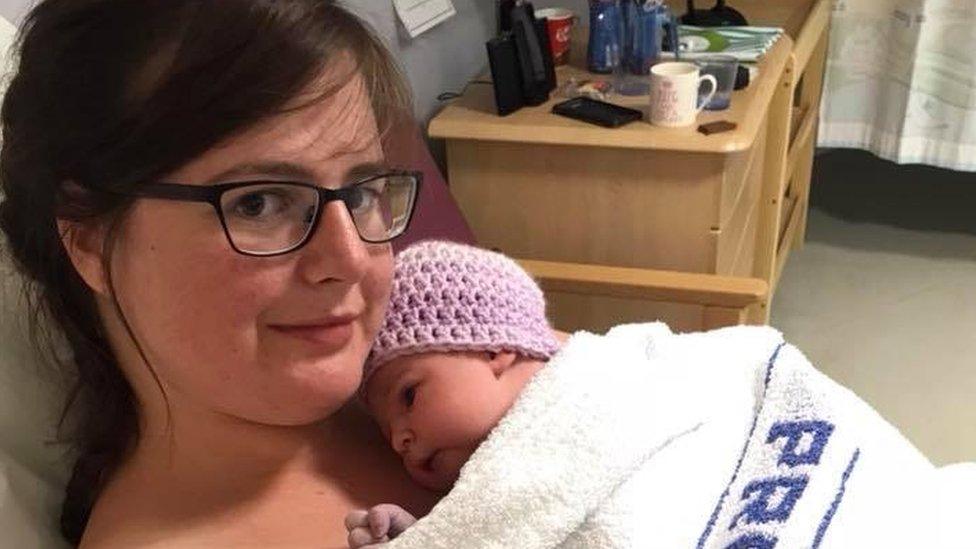Concerns raised over maternity ward training and staffing
- Published
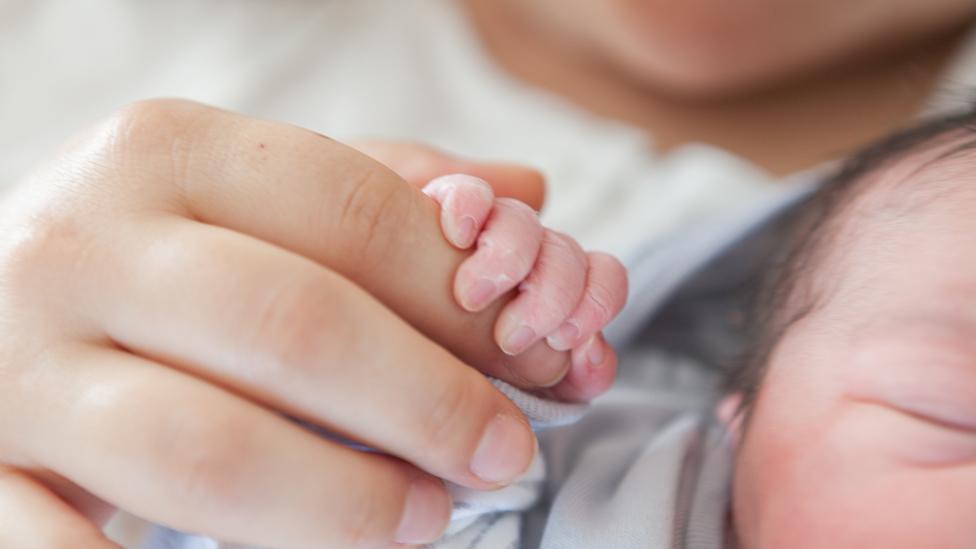
Many staff members reported working over their contracted hours
Maternity services inspectors raised concerns about staffing levels, emergency equipment and training before the Covid pandemic, a report has found.
Healthcare Inspectorate Wales (HIW) visited 25 maternity units between July 2019 and January 2020 as part of a national review.
It found the quality of care was generally good, with the majority of women having positive experiences.
But some "areas for improvement" were also identified.
Inspectors sought immediate improvements around the checking of neonatal and emergency equipment as well as medical emergency arrangements, the security of newborn babies and the management of medicines.
The report comes after serious failings were found at Cwm Taf Morgannwg health board which resulted in maternity services at hospitals in Merthyr Tydfil and Llantrisant being placed in special measures last year.
But the HIW inspections found services across Wales were "safe and effective and that's a really nice thing to be able to say," said Alun Jones, interim chief executive.
"Of course there's no room for complacency there and we did find some areas for improvement as well."
The Welsh Government said: "We are pleased that the report recognises the commitment and dedication of staff working within maternity services throughout Wales.
"We welcome the report by HIW and will give careful consideration to its recommendations."
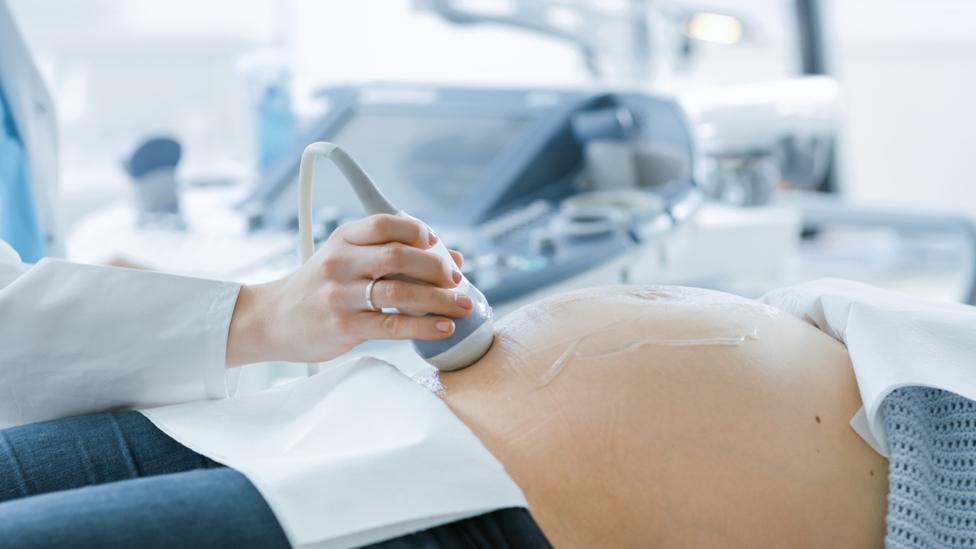
Inspectors surveyed 122 patients during their visits to maternity wards across Wales
In the Aneurin Bevan, Cardiff and Vale, Cwm Taf Morgannwg and Hywel Dda health boards, inspections revealed inconsistencies in the way temperatures were monitored and recorded for medication fridges.
Staff were not always clear on their roles and some were unable to clearly explain why the information was recorded, and what they should do if the temperatures fell outside of manufacturer's recommendations.
The inspections also found issues with the prescribing and administering of medication during labour, with particular concerns in Betsi Cadwaladr and Cwm Taf Morgannwg.
Those concerns were dealt with and resolved, but HIW said it was an issue all health boards should consider.
HIW received more than 3,300 responses from women and their families as part of the review and also surveyed 122 patients during their inspections.
Workers were also surveyed and raised concerns about staffing levels, with 40% saying there were "always" or "usually" enough staff for them to do their job properly.
Many staff reported working in excess of their contracted hours and there were also worries about using temporary staff during shortages and the impact on continuity of care.
HIW found some units did not monitor the number of hours individual staff members were working, and did not take steps to ensure staff had adequate rest time between shifts.
Less than half of respondents agreed their job was good for their health.
HIW said health boards across south Wales had the most negative comments about staffing ratios.
"Whilst we found that the staff working across Wales were very much committed and striving to provide a high quality service, there were lots of examples where we were told by staff that they were under pressure," said Mr Jones.
"There was a sense that the sustainability of some services was a challenge so we made a number of recommendations to health boards to think about workforce planning."
The second phase of HIW's national review is due to begin before the end of the year.
- Published28 September 2020
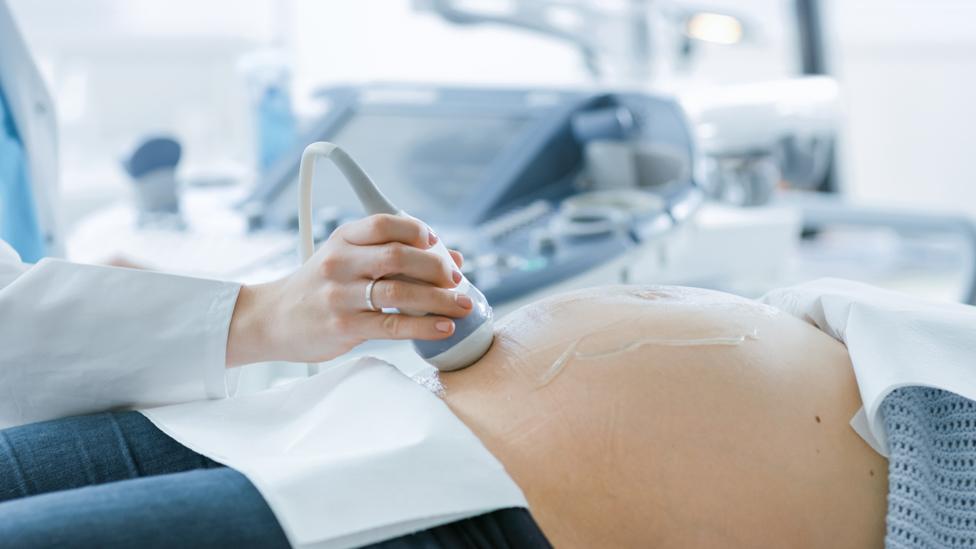
- Published30 April 2020
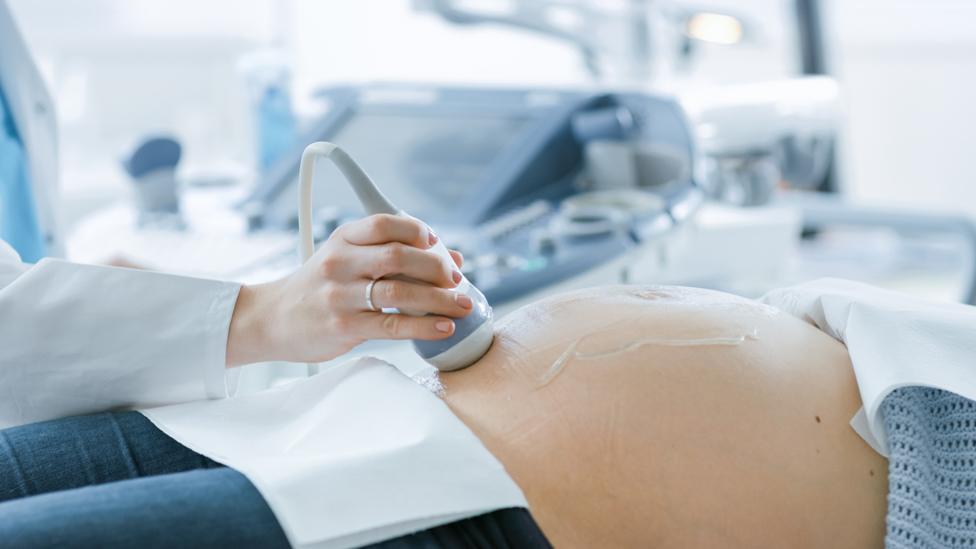
- Published24 April 2020
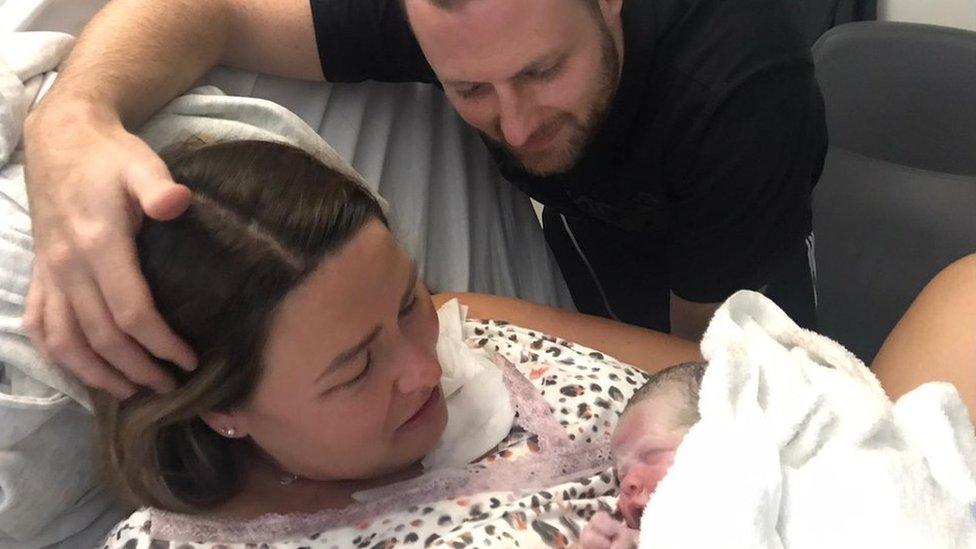
- Published26 March 2020
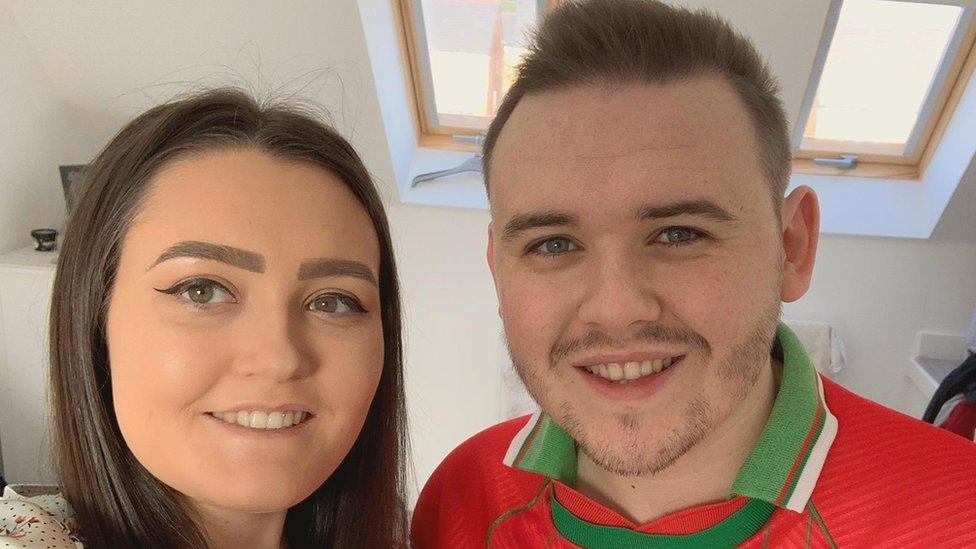
- Published5 February 2020
